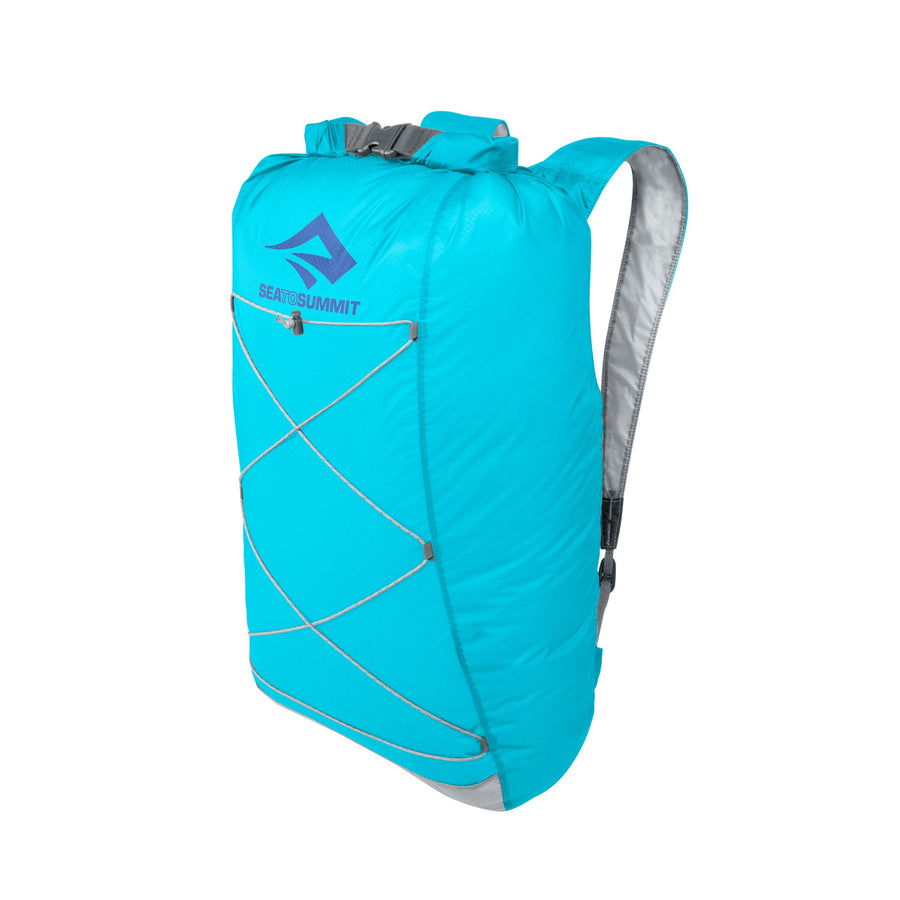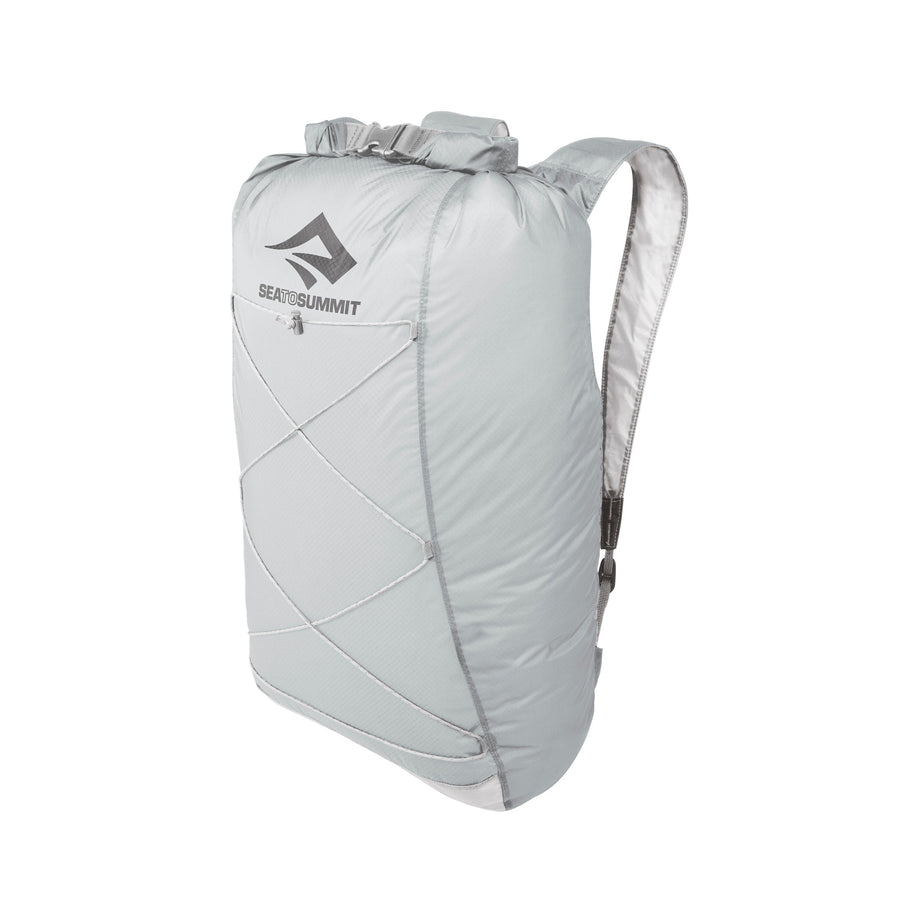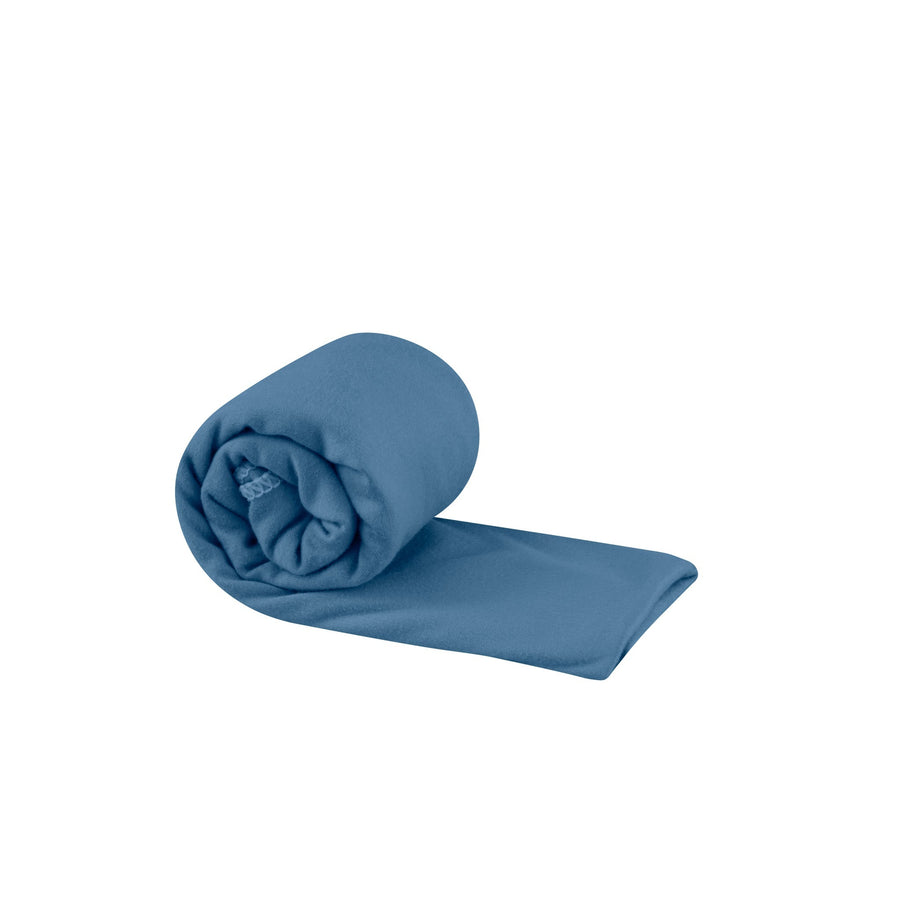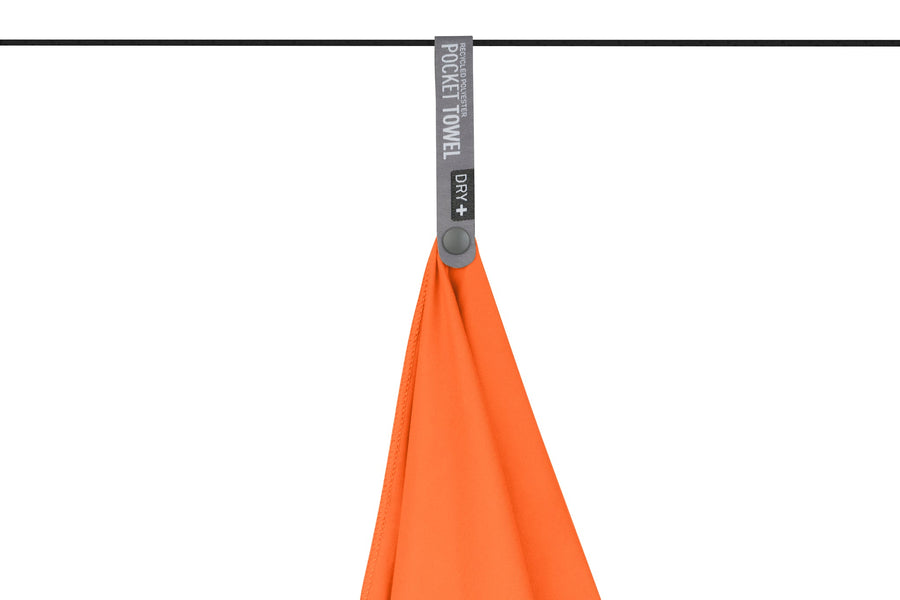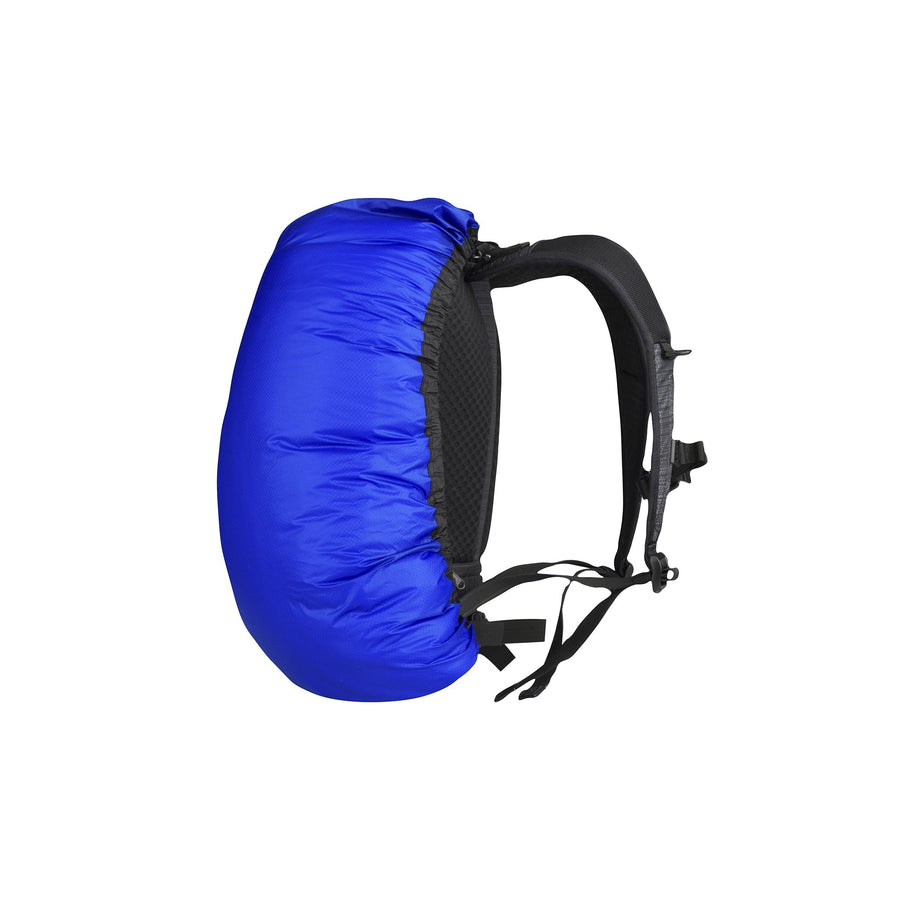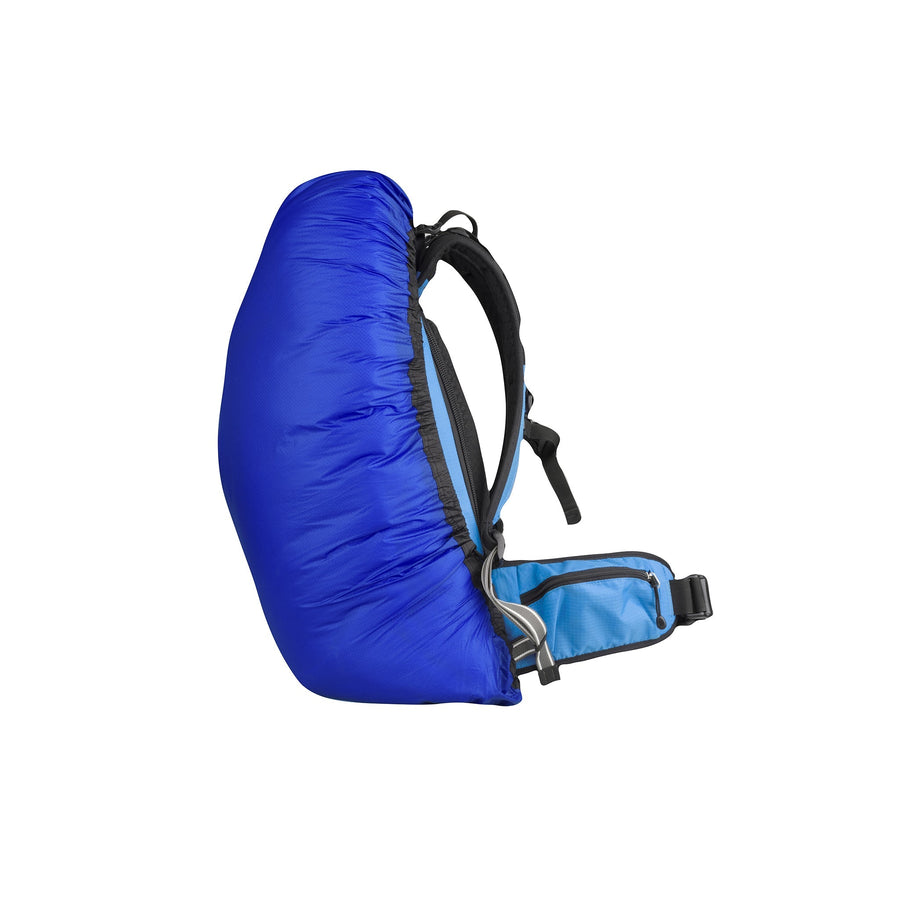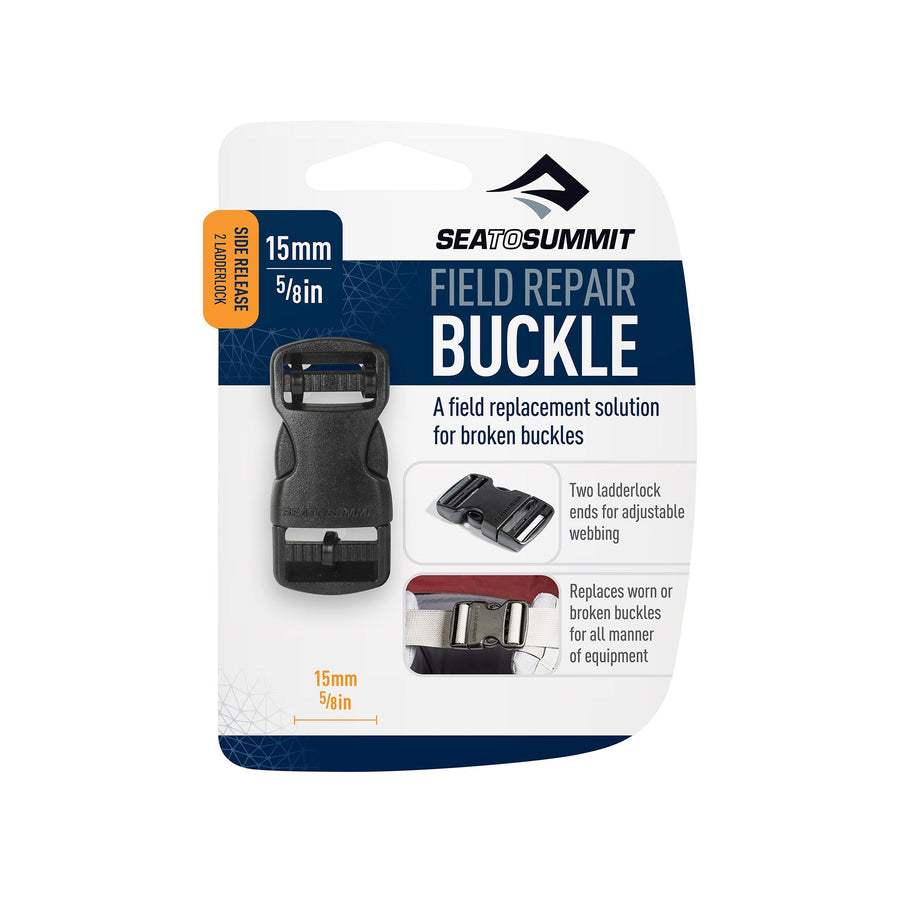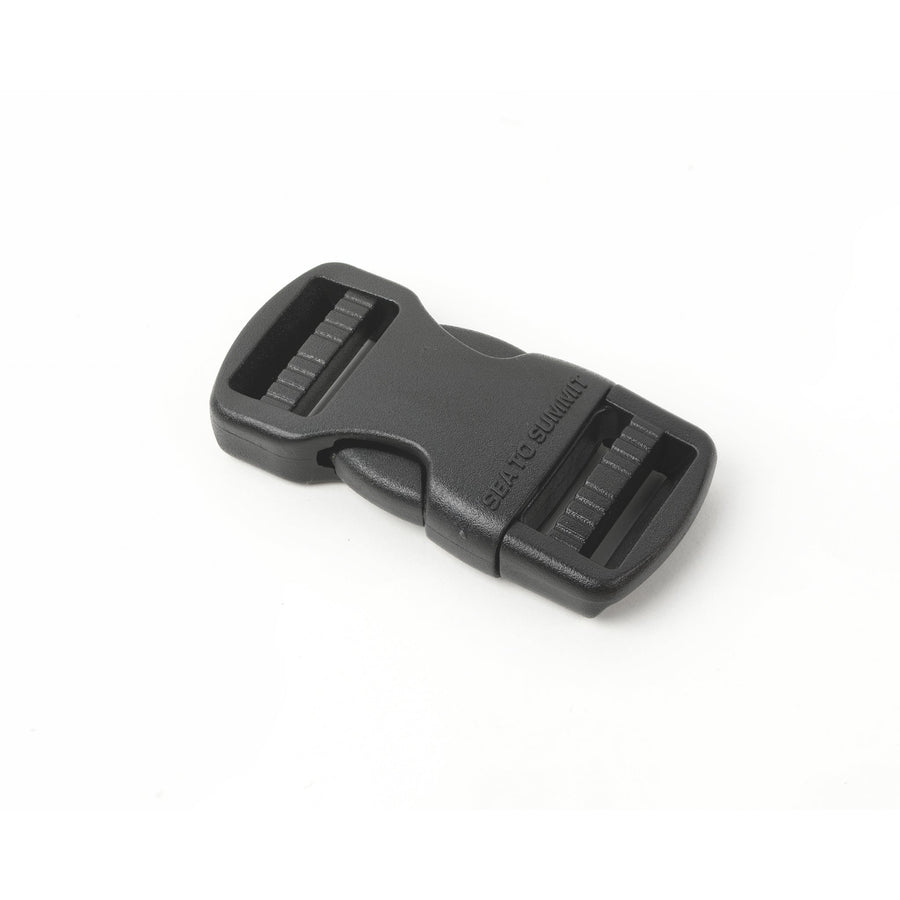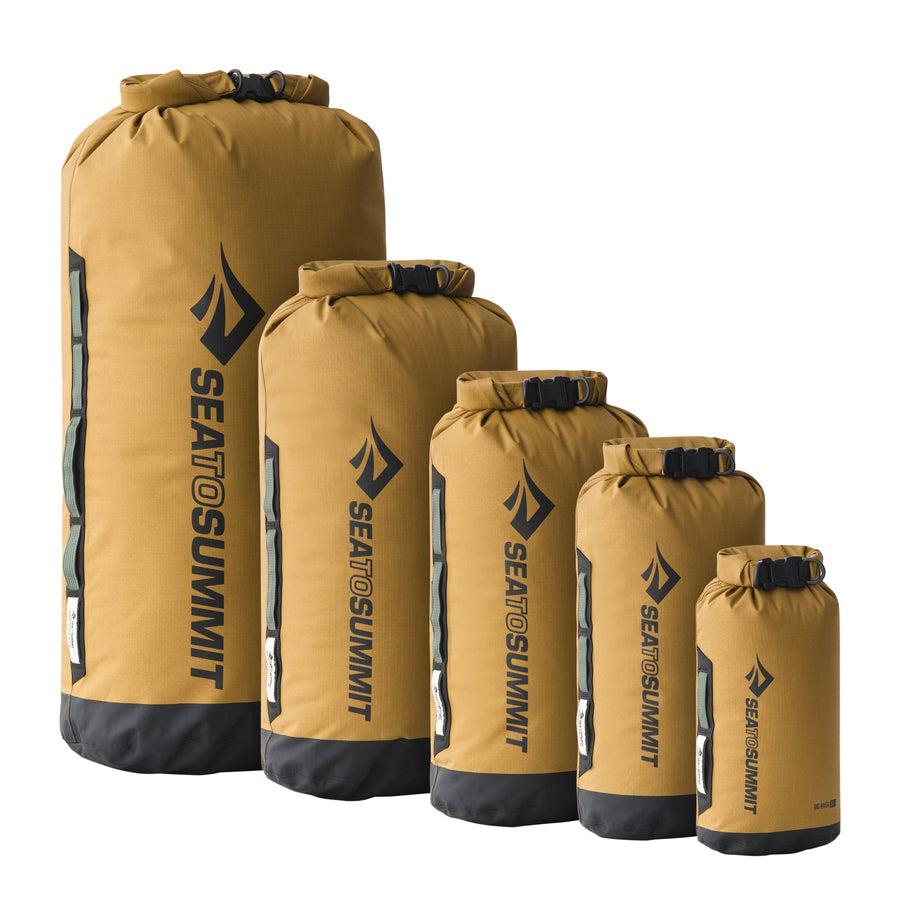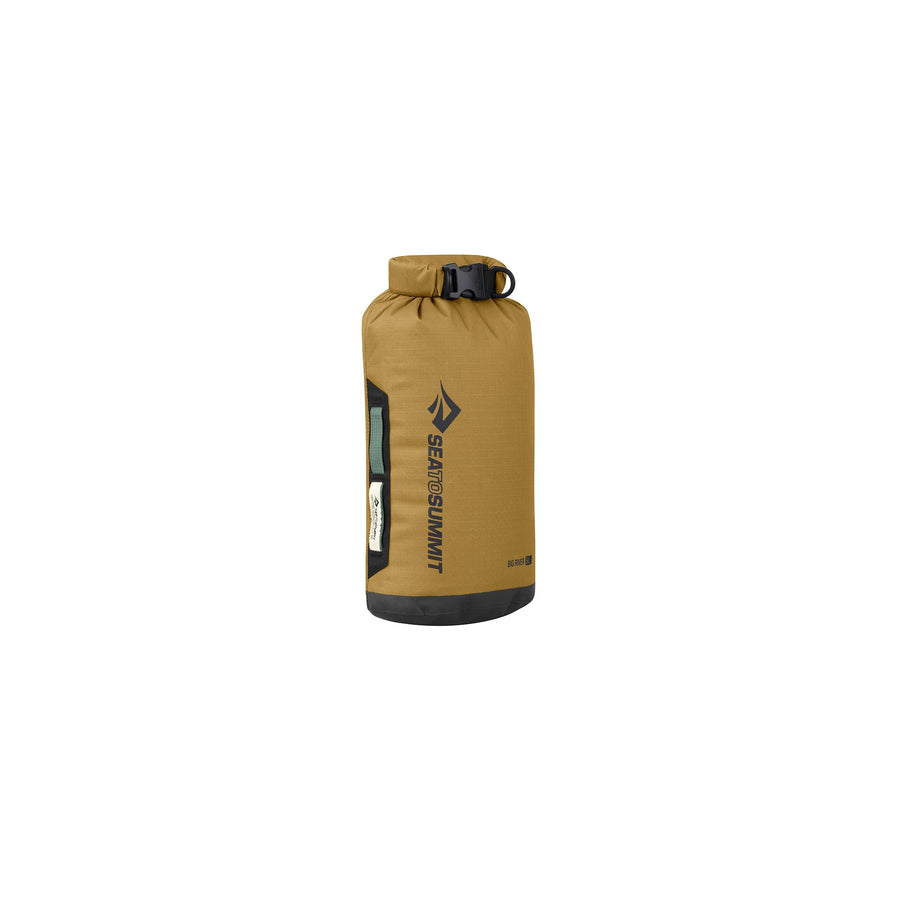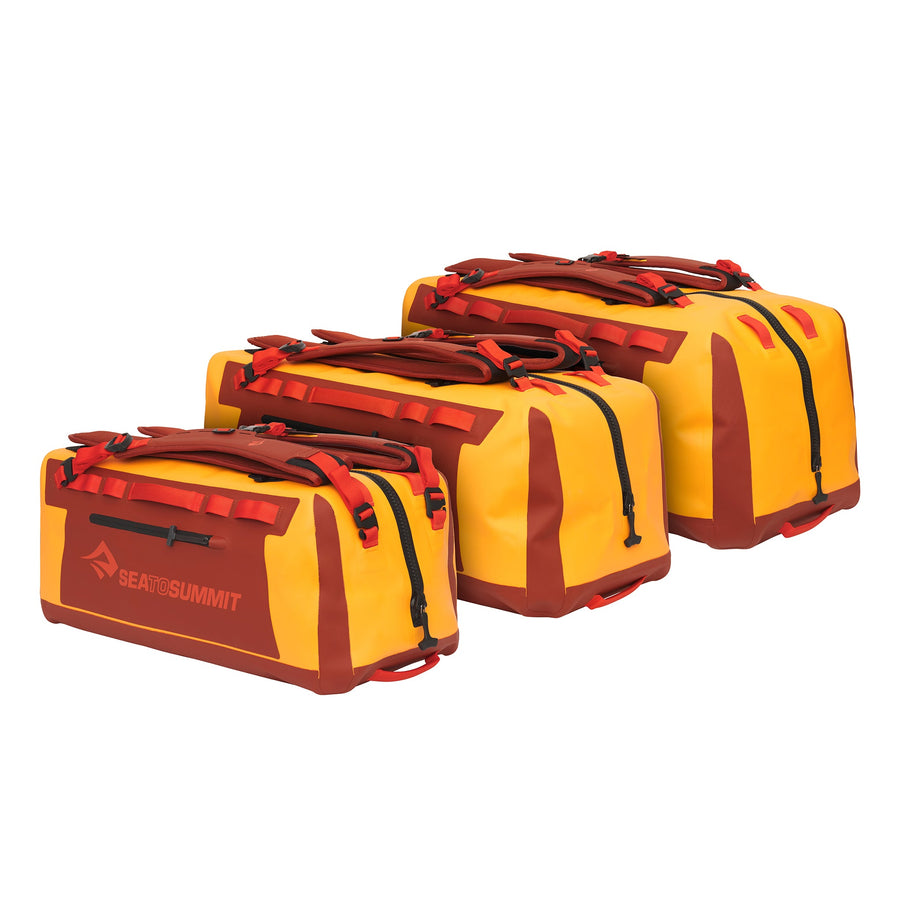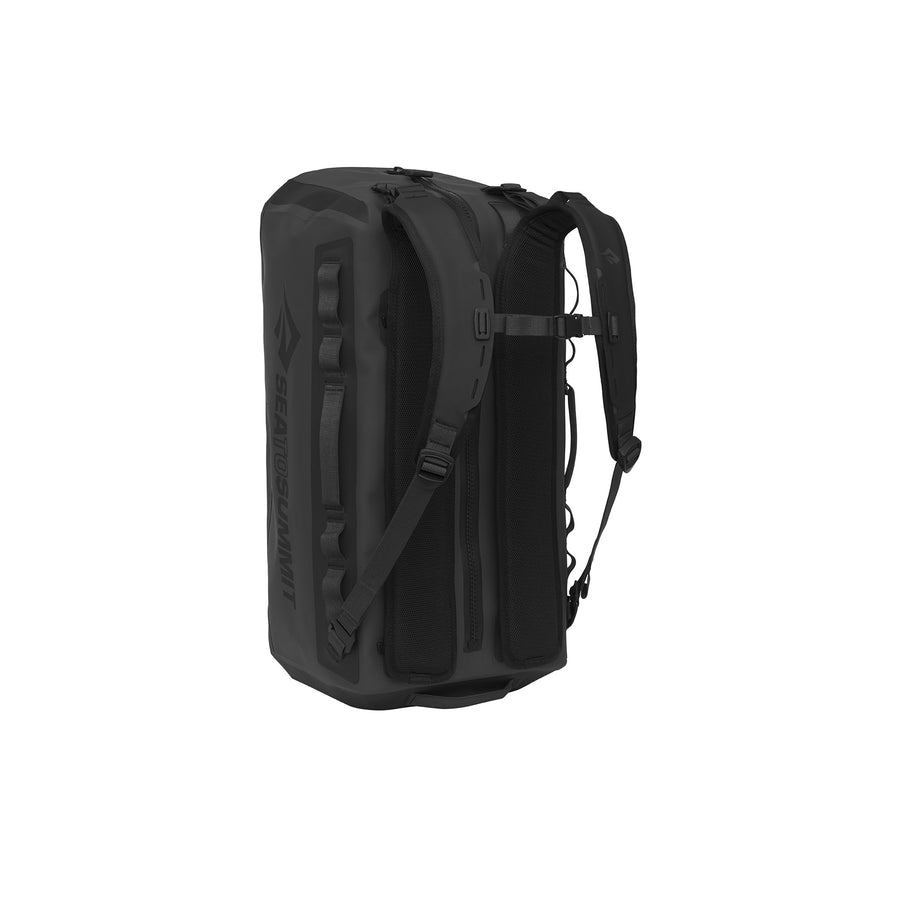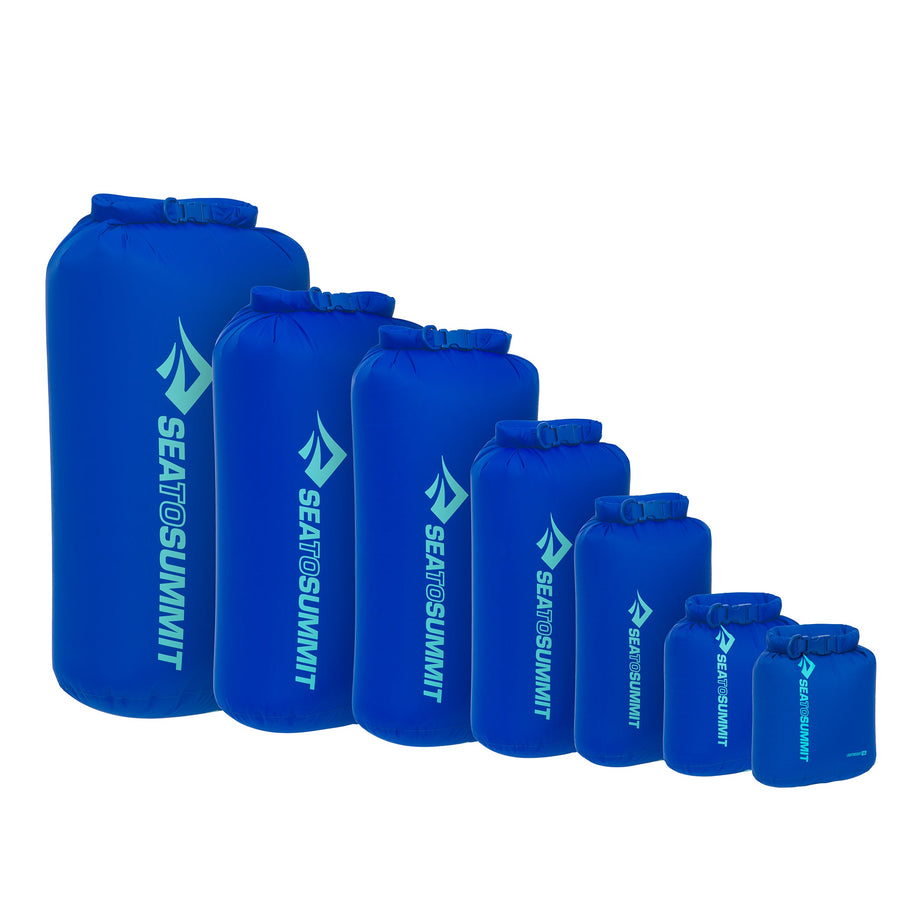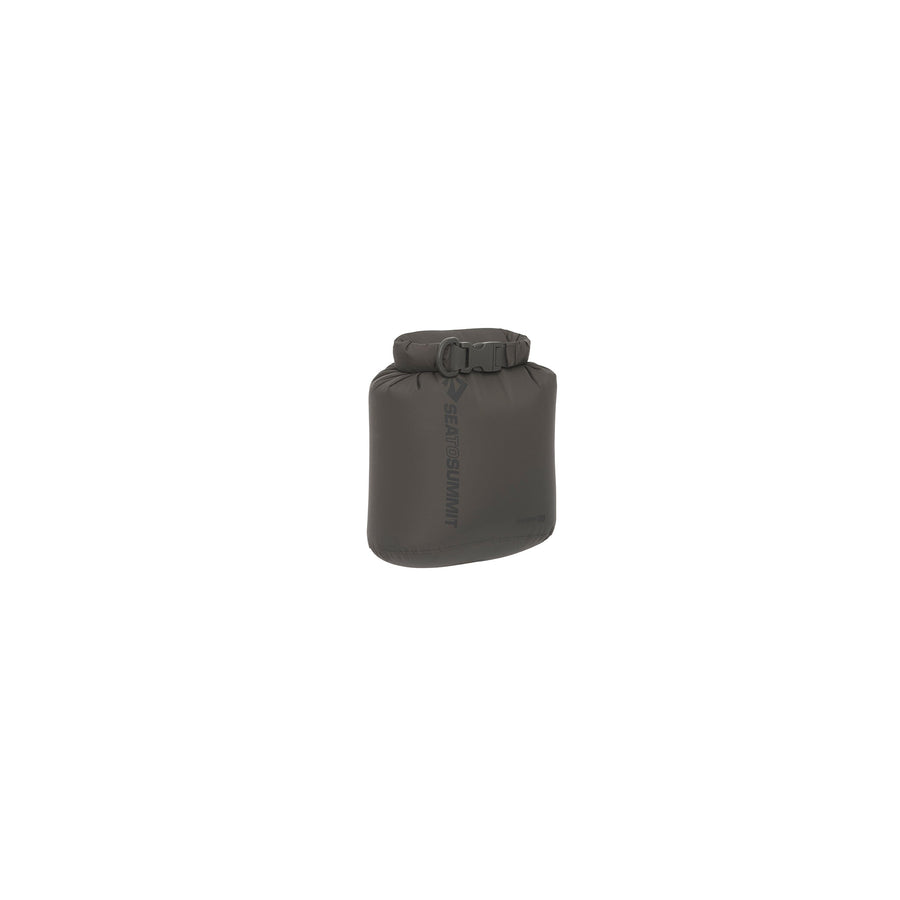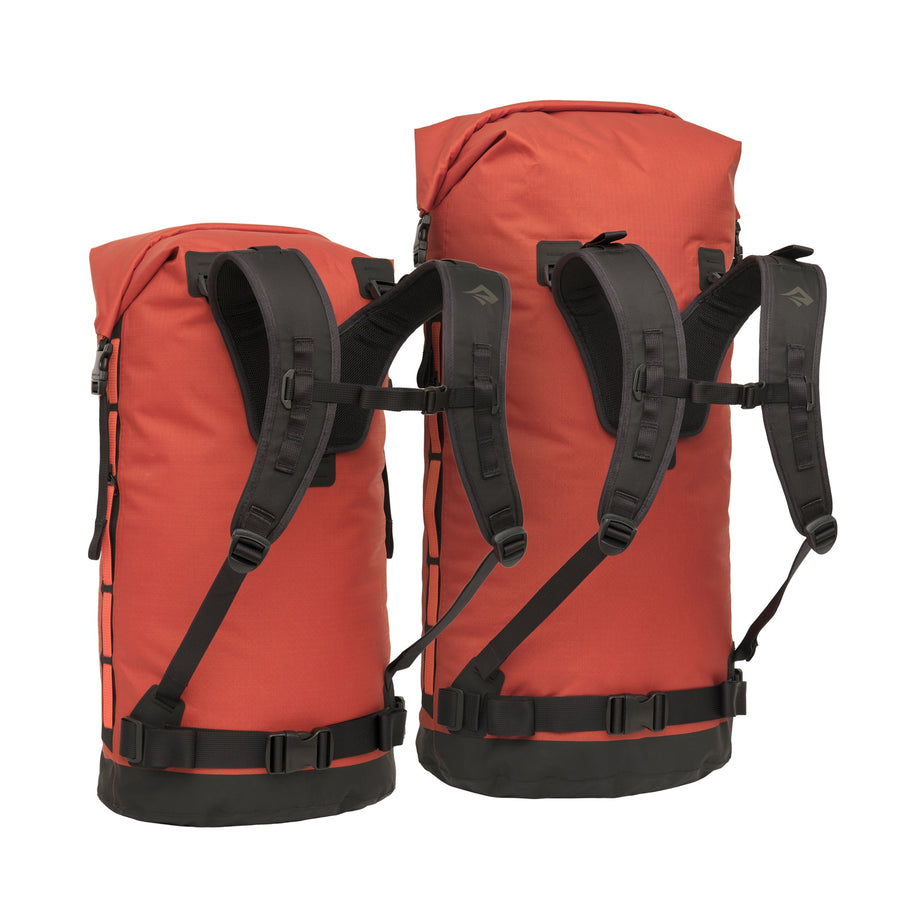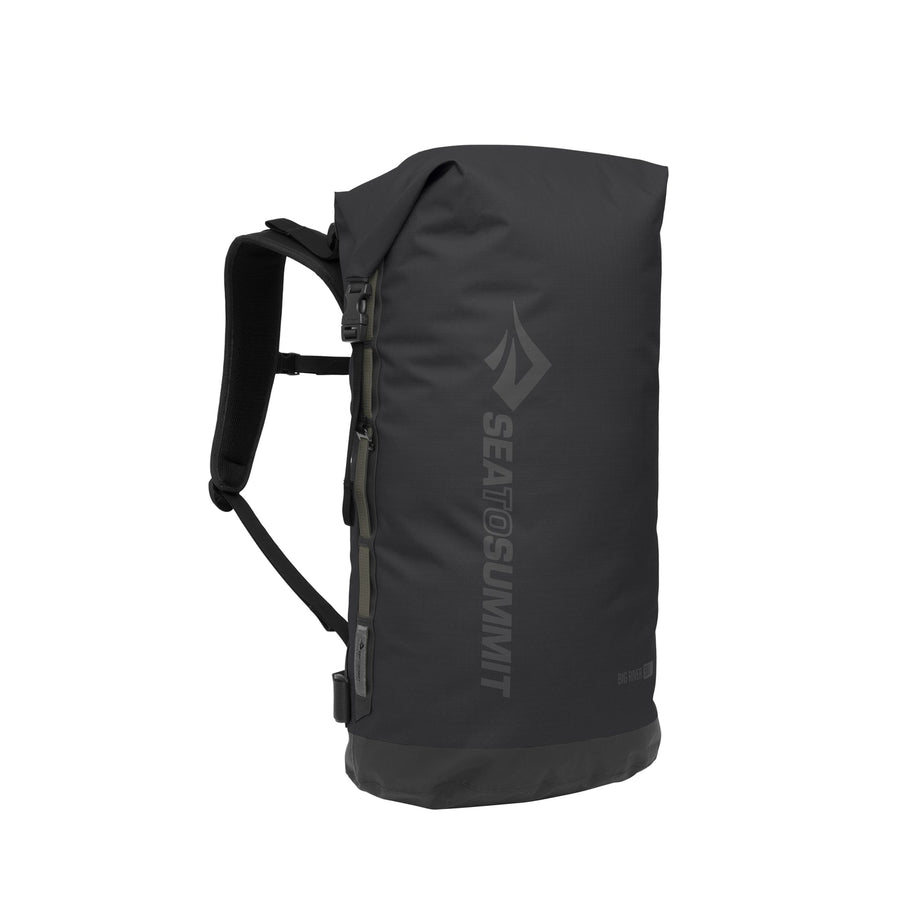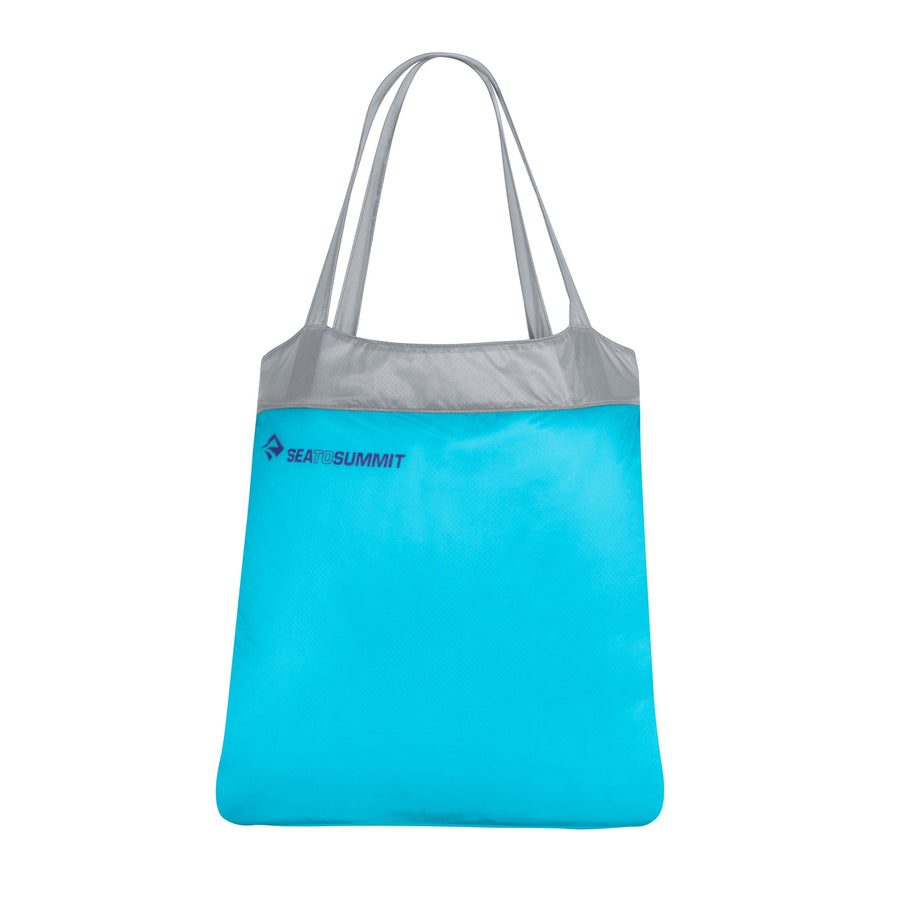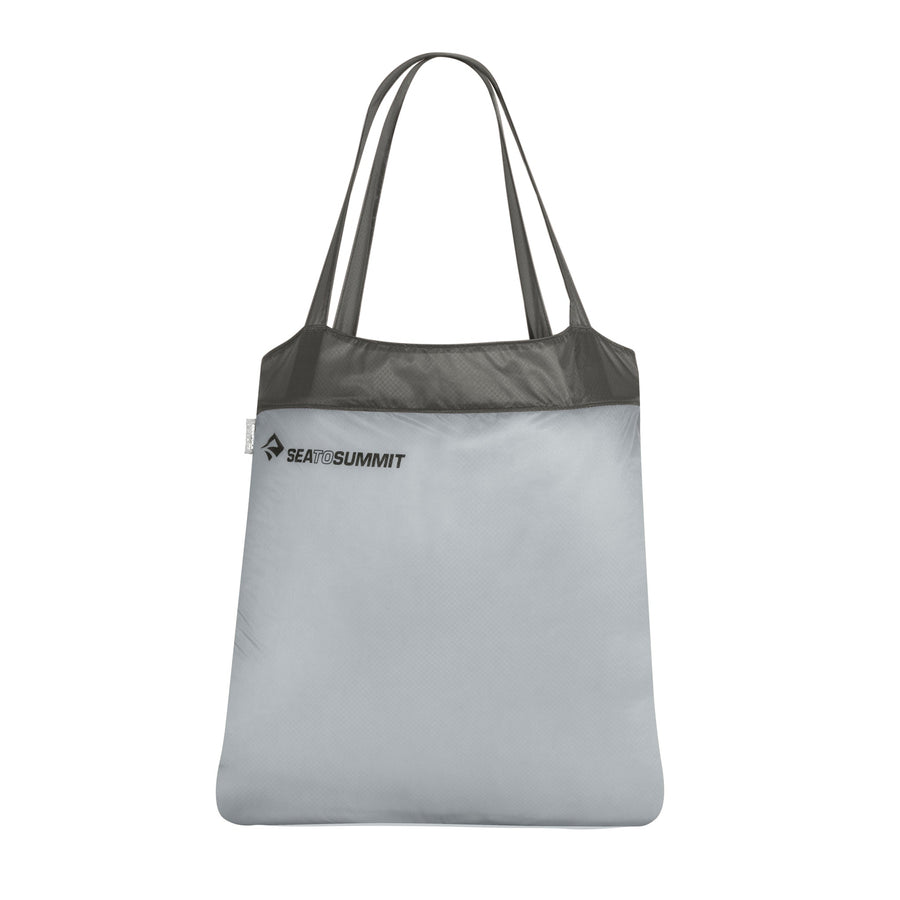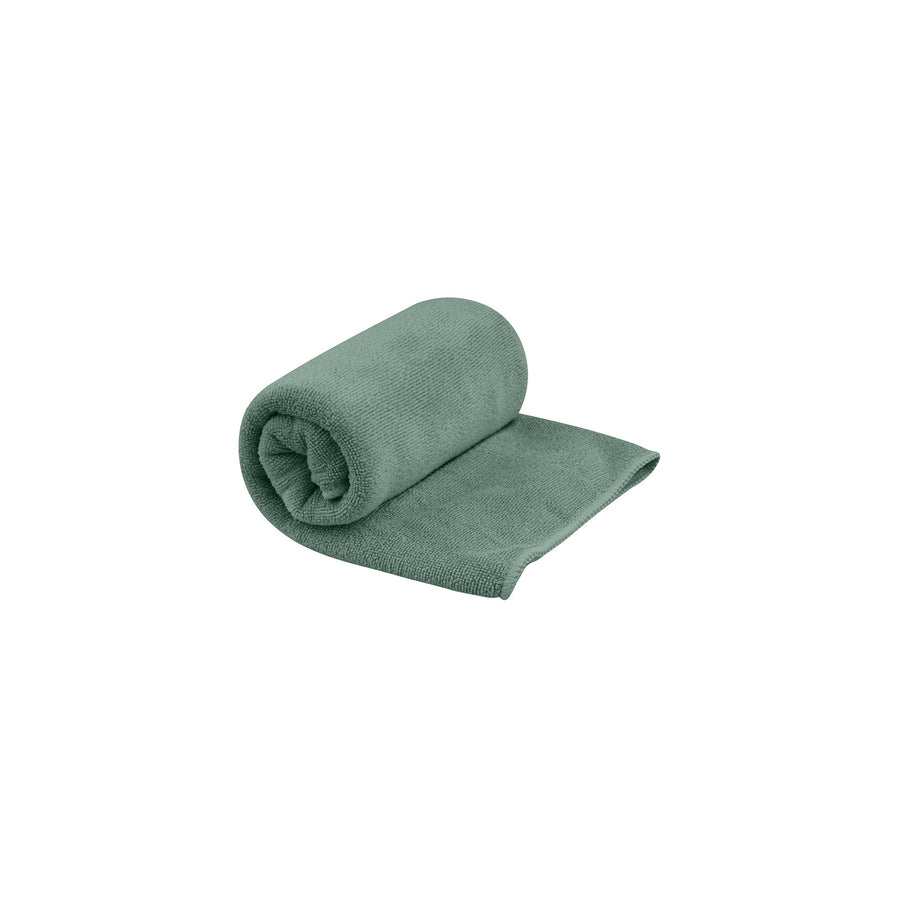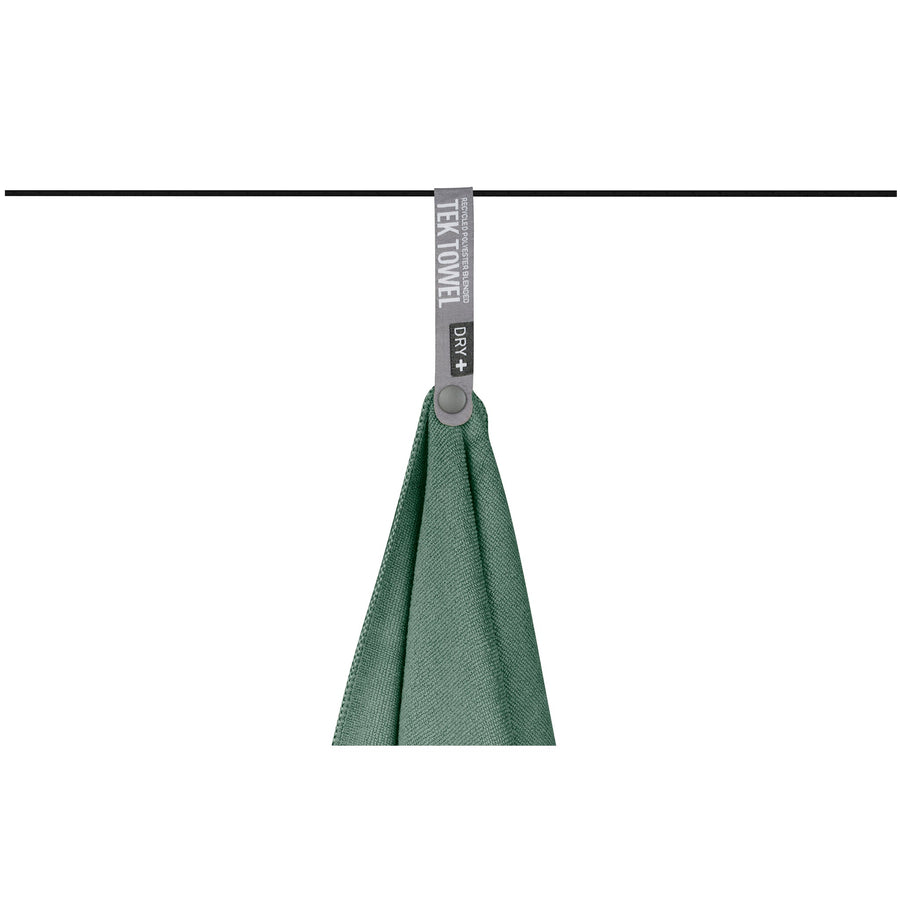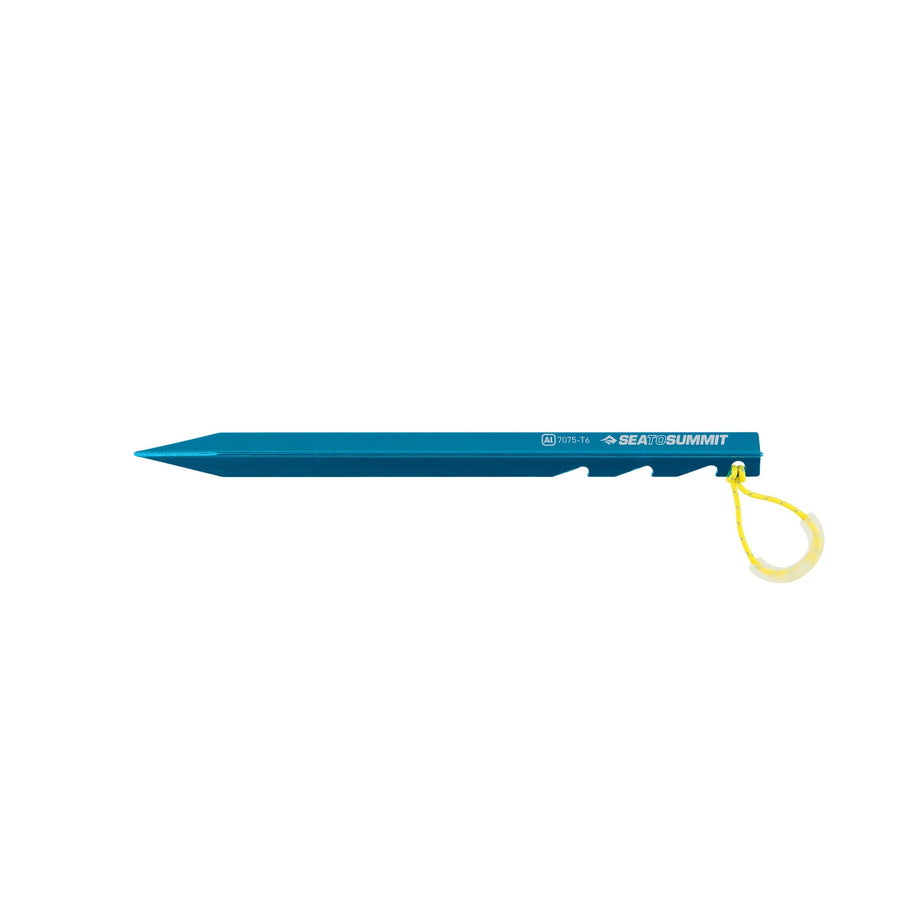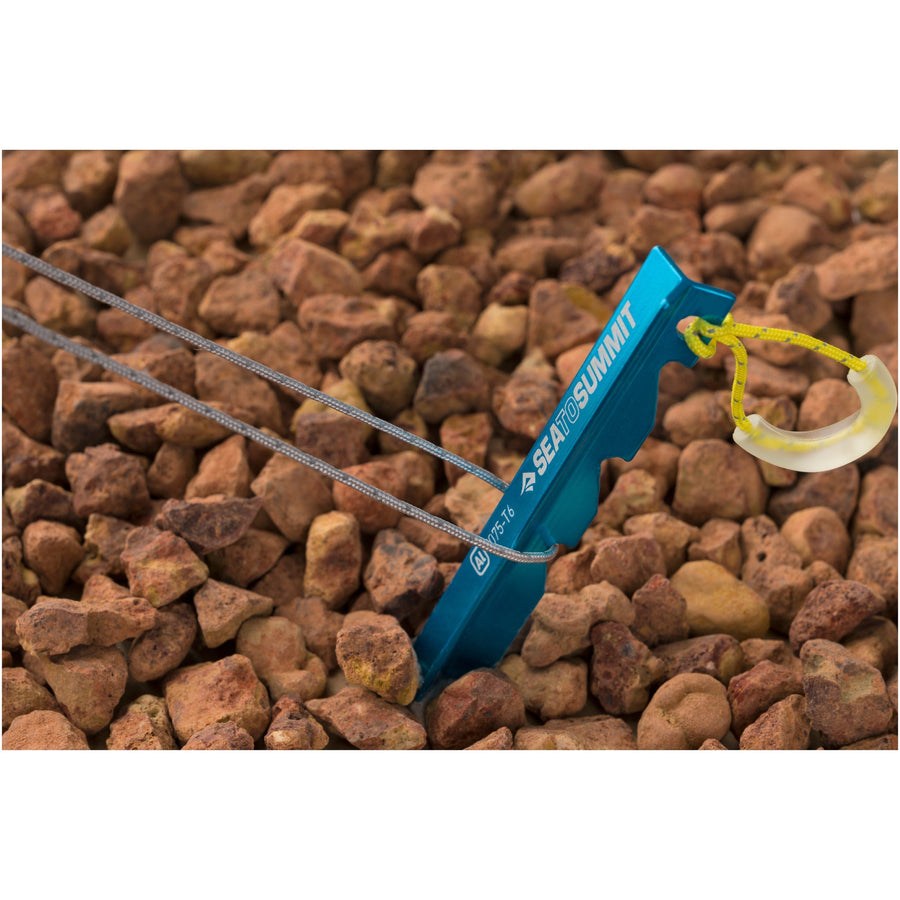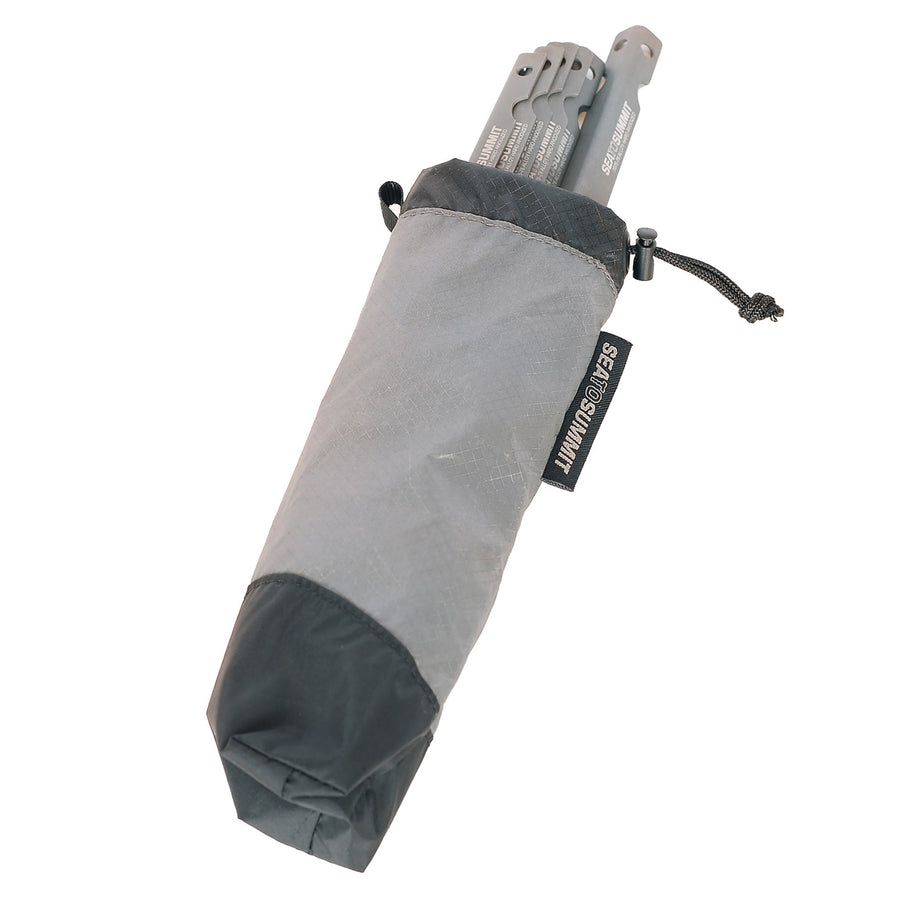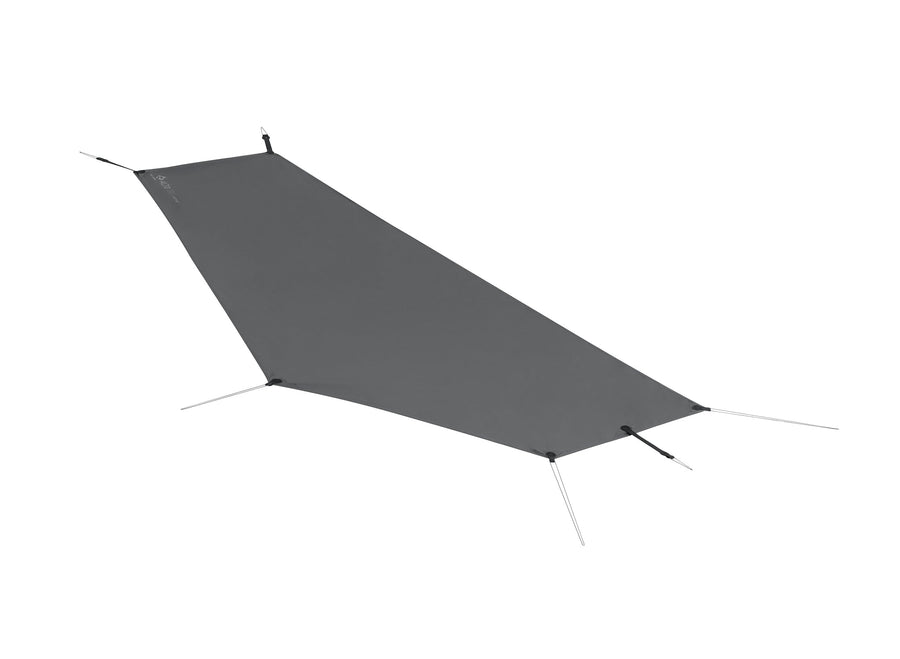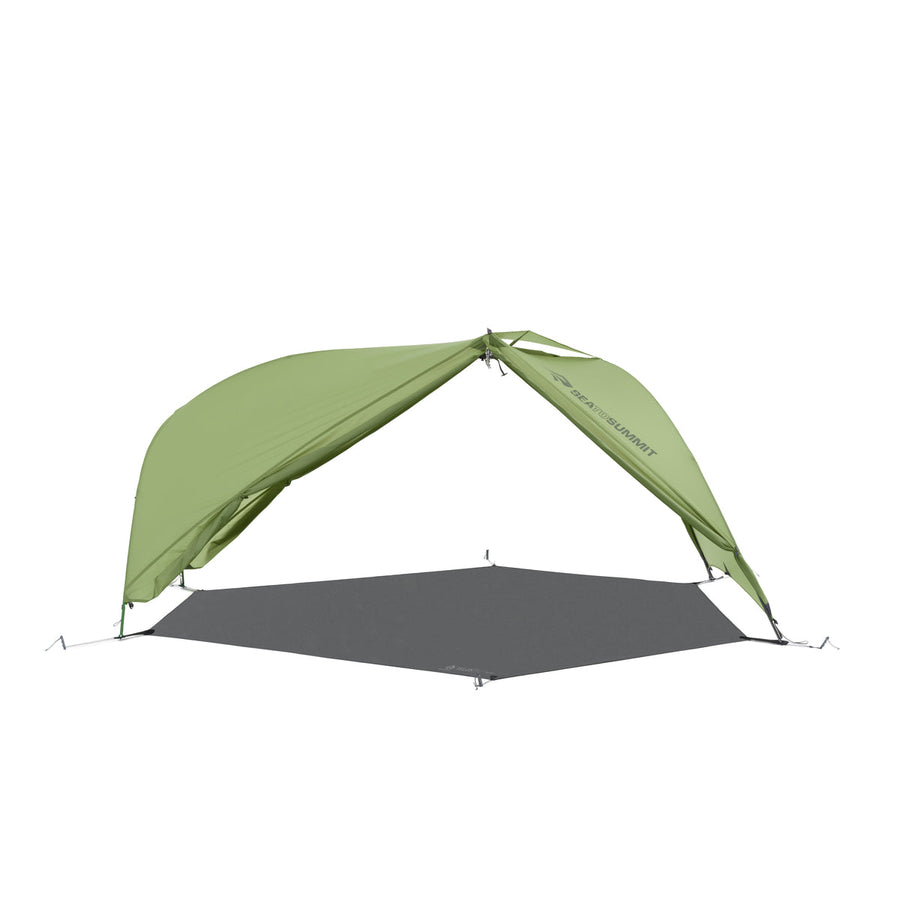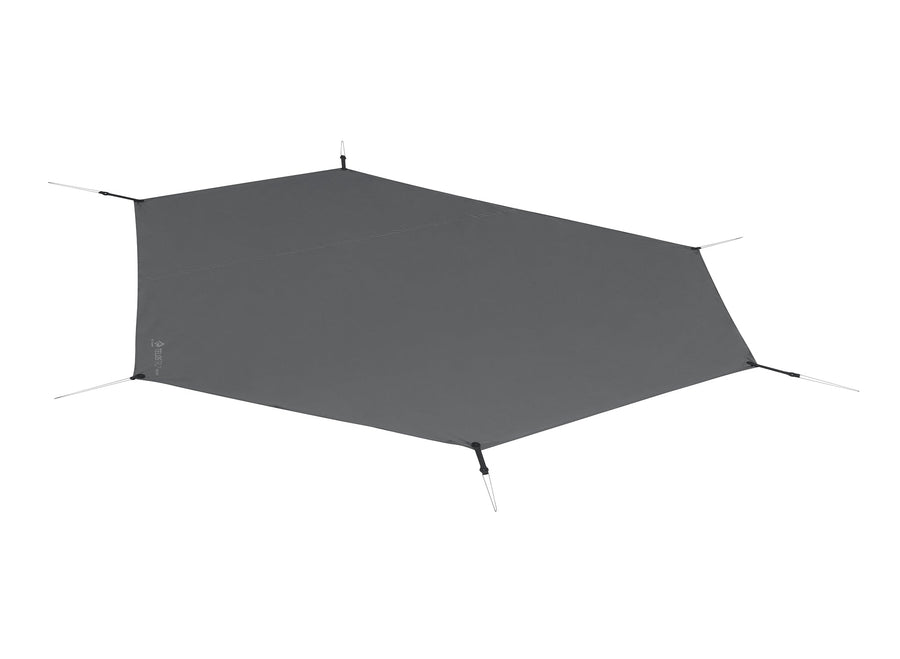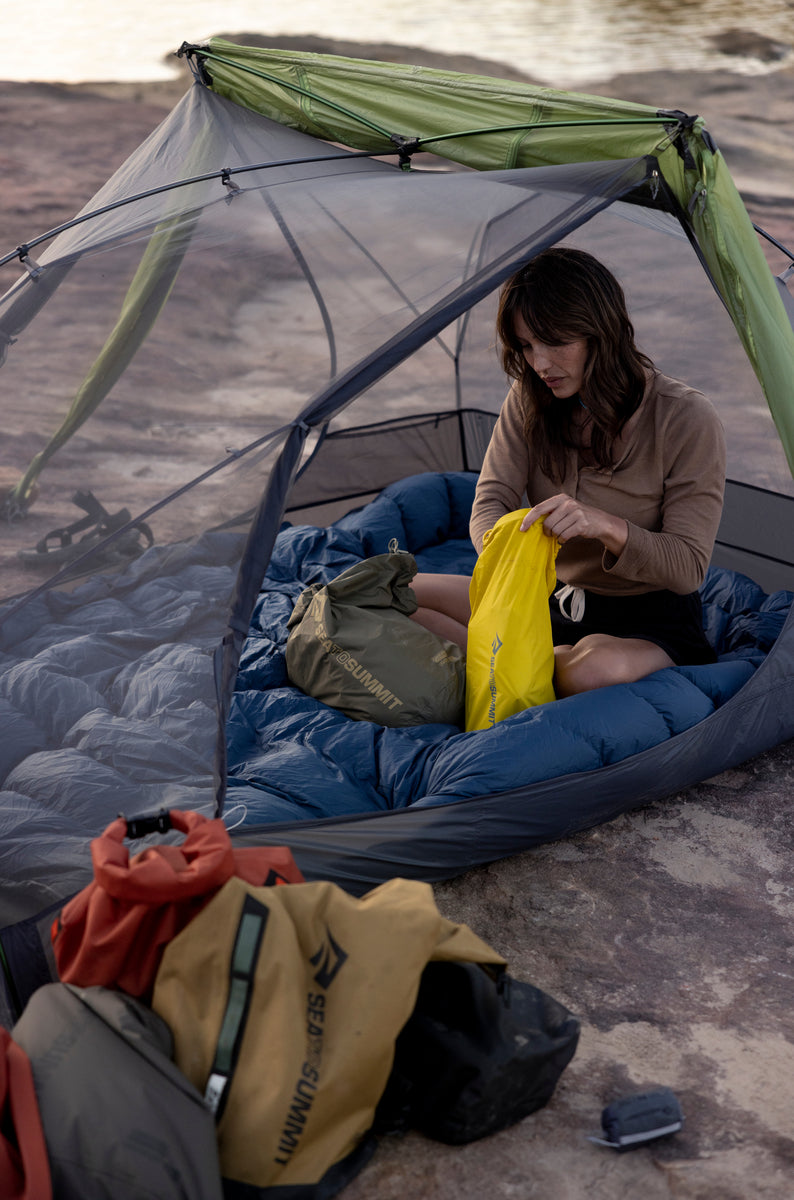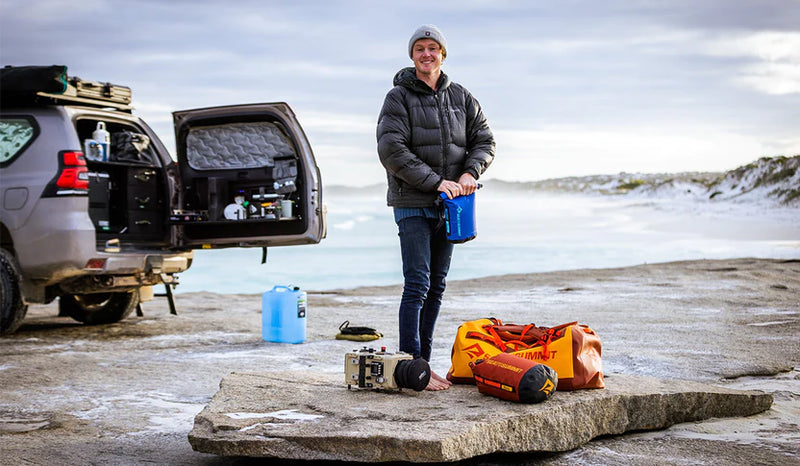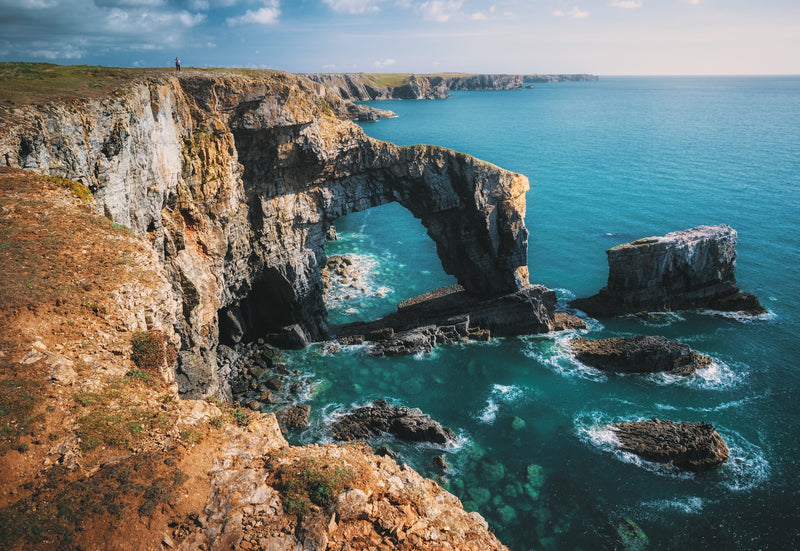Pretty Strong
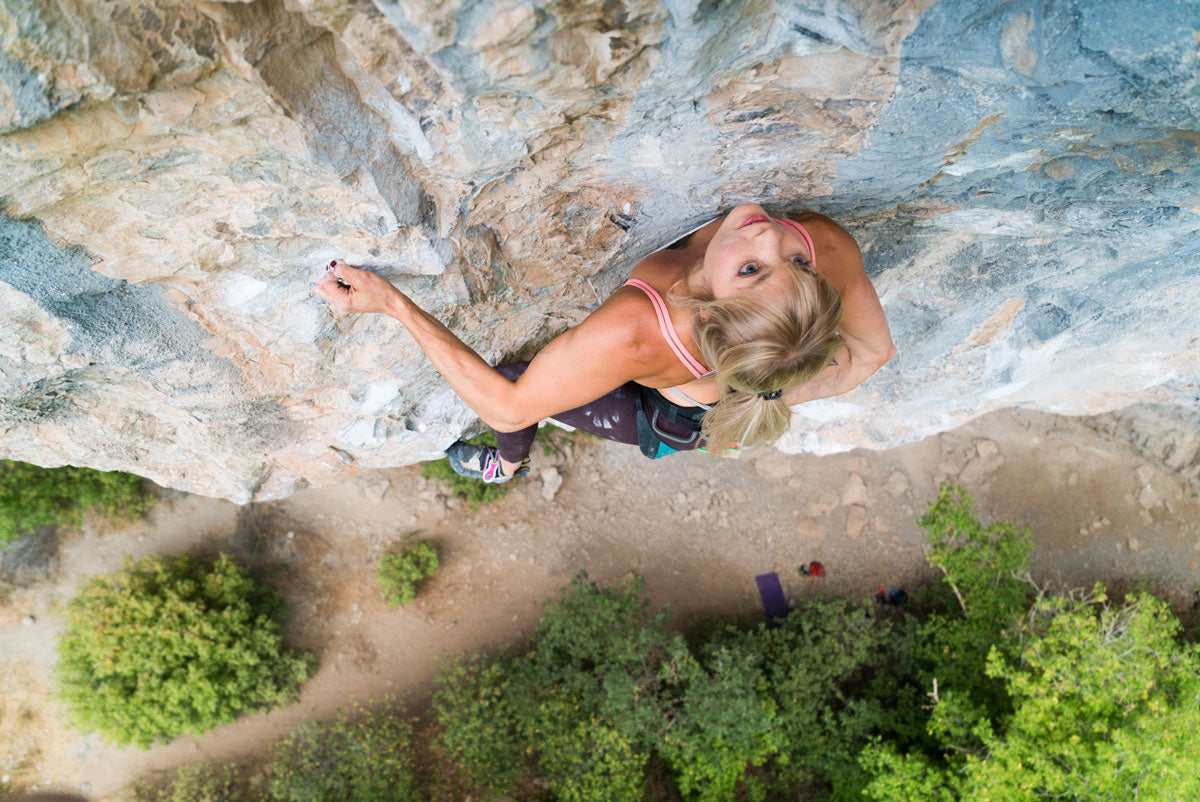
Pretty Strong is the all-female climbing movie ‘about women, by women, for everyone’—and it offers an exciting new perspective of the climbing industry.
After the movie’s big release in Boulder—and amidst the film’s international tour—we chatted to Sea to Summit ambassador Colette McInerney about the making of her dream project.
Congratulations on the world premiere of Pretty Strong! How has the film been received?
Opening night was incredible. It was also nerve racking and intense as it was culmination of two and half years of hard work (and we’ve been thinking of making it for four times as long) for everyone in the Never Not Collective Team. But, in the end, it was mainly a huge celebration. All our families and close friends were there—it almost felt like a wedding!
Who is this film for?
This film is really for little girls that want to see people who look like them doing things that they don’t always see women doing. I want them to walk away knowing they can make their own movie, climb anything they want, whatever style, look however they want, act however they want and not feel like they have to be in some kind of box.
Basically, it’s the film I wanted to see. I had always been motivated by images of women in climbing, which is why I started creating these images myself. Finally, we thought—why hasn’t a movie like Pretty Strong been made yet? Someone needs to make it!
Who features in this movie?
The climbers featured include Nina Williams, Katie Lambert, Daila Ojeda, Hazel Findlay, Jessa Goeble, Anna Liina Laitinen, Isabelle Faus, Fernanda Rodriguez.


You mentioned that almost all high-quality climbing films star men—and many barely feature women at all. Why do you think this is?
Mainly numbers. And, of course, there’s a deeper conversation about WHY those numbers exist. But there are more male filmmakers, there are more male climbers, the people watching those films have traditionally been men. But that’s changing.
‘I think the industry is changing and growing. There are a many different kinds of voices out there now, a lot more awareness and different kinds of movements and conversations happening.’
What was your role in this film?
I was a videographer, director, producer and assistant editor. I did a bit of it all, but so did the entire team.
Did you struggle finding the balance between being behind camera and climbing?
Definitely. I thought my climbing would only suffer during the filming portions of the films. But, in the end, the computer and editing time really took a toll too. It feels petty to complain about but climbing was my first love, and this production came as a result of that—so it was hard sometimes to take such huge breaks from the thing I love so much.
Does being a climber yourself help you tell stories like this on film?
Definitely. I mean, I don’t think it makes me a better storyteller at all (I’m far from the best). But it helps me understand the nuances of hard climbing—all those challenges and feats you witness in different kinds of climbing.
What were some of the challenges in producing this film?
Where to begin?! It was our first feature length film so we had no idea what we were getting into really. We missed deadlines, some stories we followed never panned out. We couldn’t pay ourselves for most of the film, so we were all working other full-time jobs. We all live in separate cities, and I was in Europe and on the road for most of the making of the film, which created it’s own hiccups. But we learned a LOT and I think the next one (if I can convince the others) will be much easier.
‘I think there’s a lot of talk about ‘equal’ with gender and I want to be clear that equal does not have to be the same.’
You’ve injected some gender equality into the climbing industry with this film. How else do you think the industry could celebrate and encourage more female climbers?
Gender inequality is a reality in all areas of society. This film is an extension of that and how it exists in every facet of our lives. I think the industry is changing and growing. There are a many different kinds of voices out there now, a lot more awareness and different kinds of movements and conversations happening. I think recognising them and giving them a platform is a good start. Supporting films that talk about those changes and going outside the ‘norm’ of what the industry has traditionally been is a great start. It’s becoming the new norm.


Has Pretty Strong gotten much support from male climbers?
Tons! I’ve heard nothing negative from the film from men and have received lots of messages from guys who say how the film has gotten their partner extra motivated to get outside and get after it, which is awesome to hear!
International Women’s Day 2020 is nearly upon us and the theme is #eachforequal. Do you feel you are helping to create a gender equal world?
I think there’s a lot of talk about ‘equal’ with gender and I want to be clear that equal does not have to be the same. My hope would be for the value system to shift so those things that are ‘more female or trans or non-binary’ are valued and respected while not being forced to be the same as the status quo. If this film help support that, even a little bit, I’ll be very happy.
Visit the Never Not Collective to catch a screening near you.



